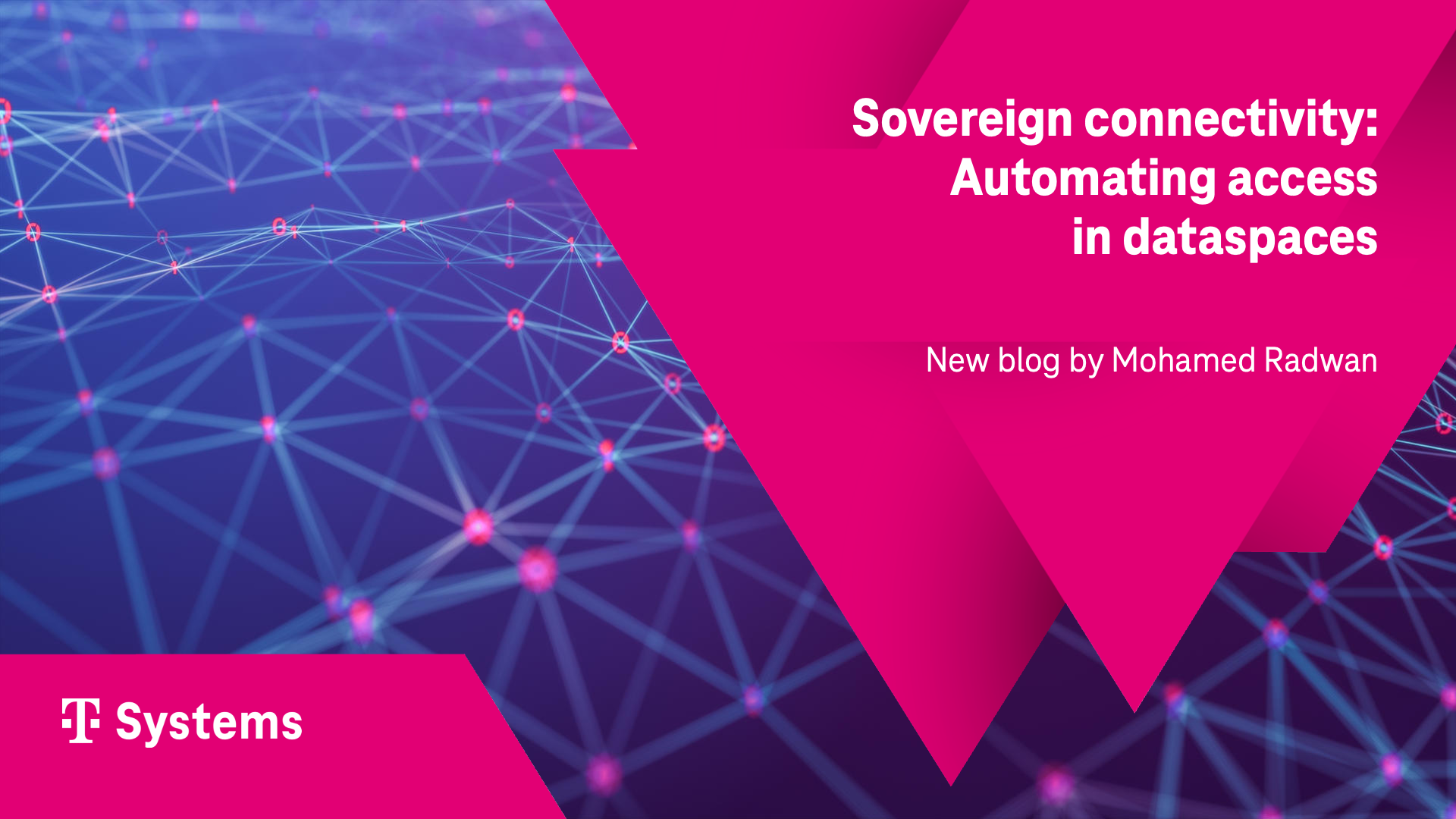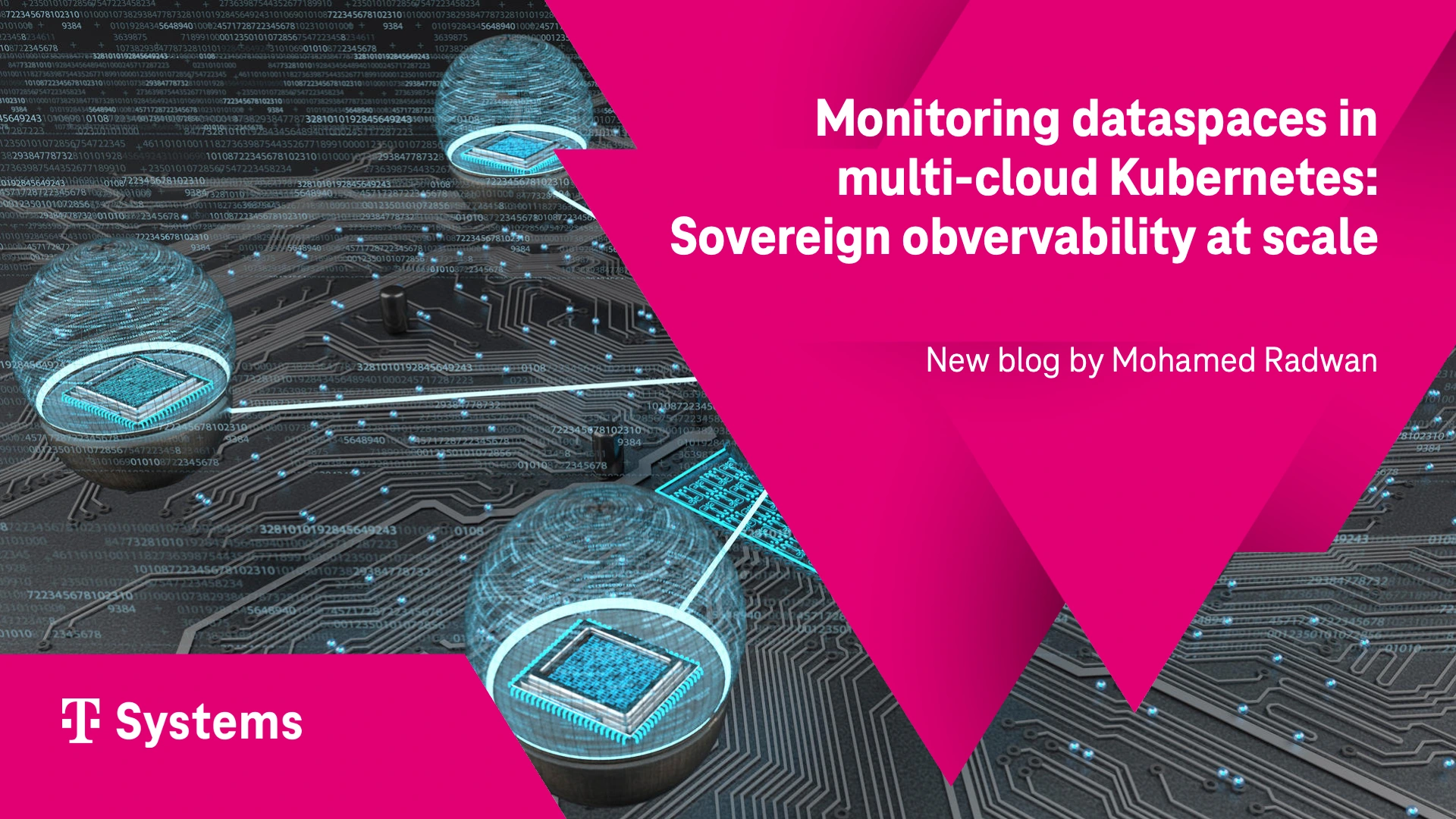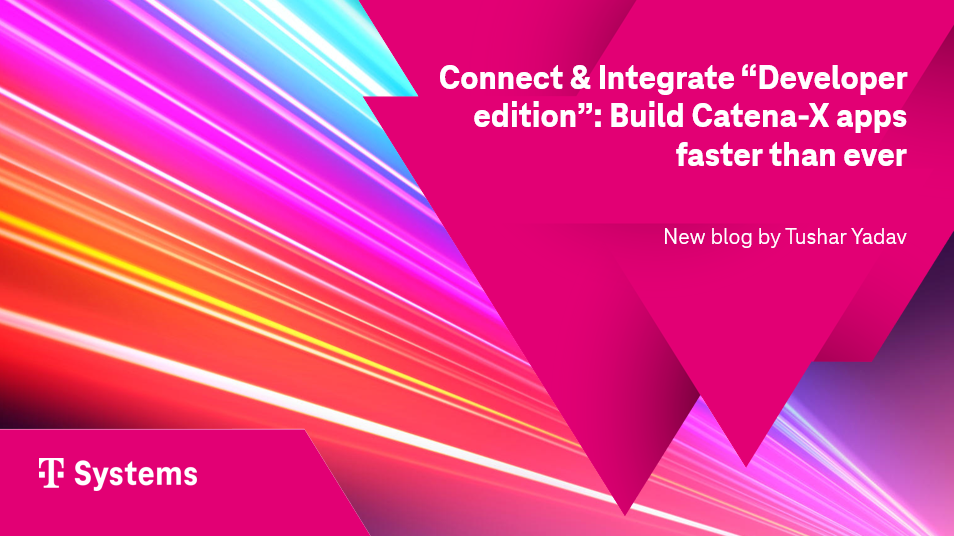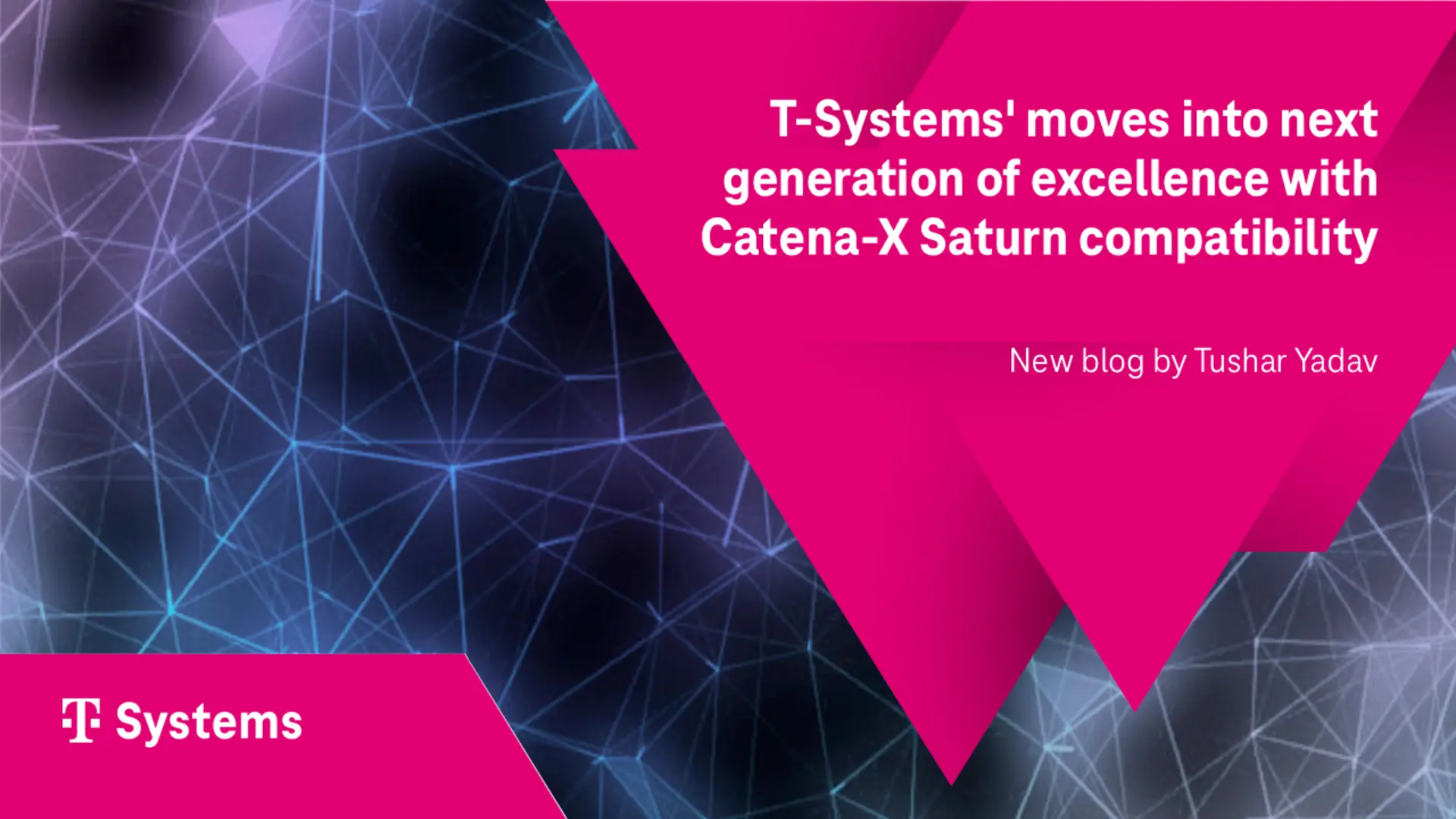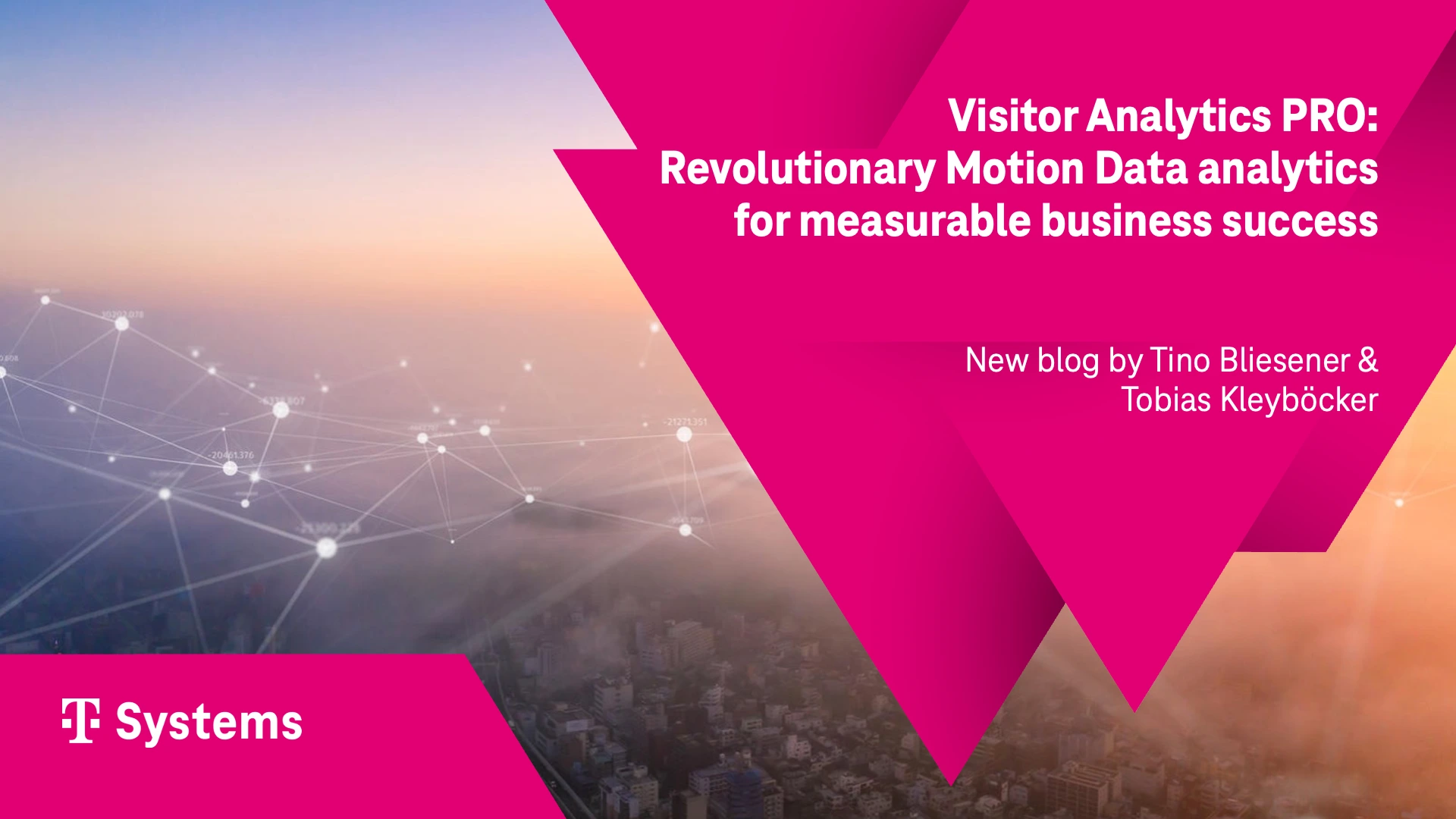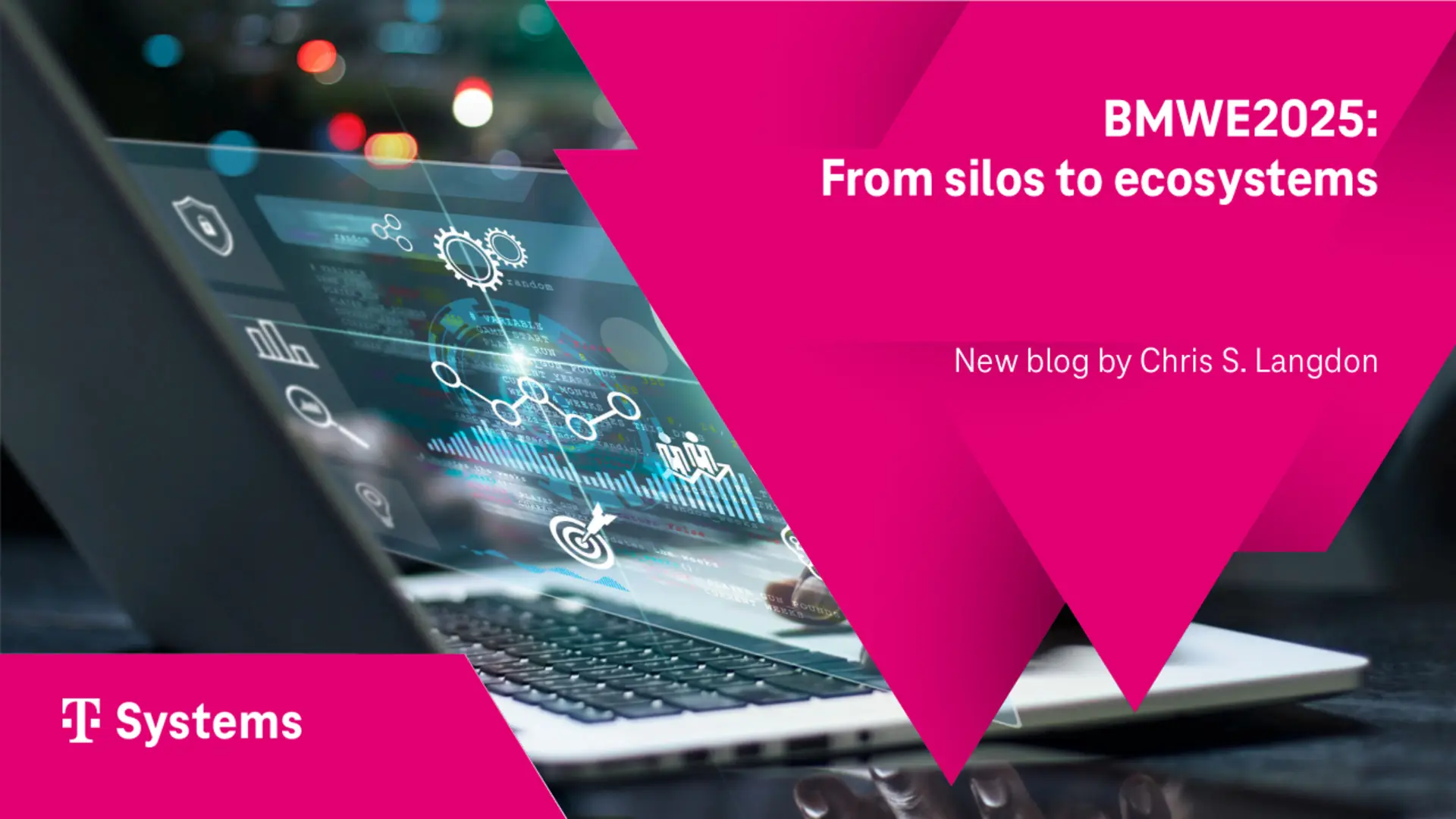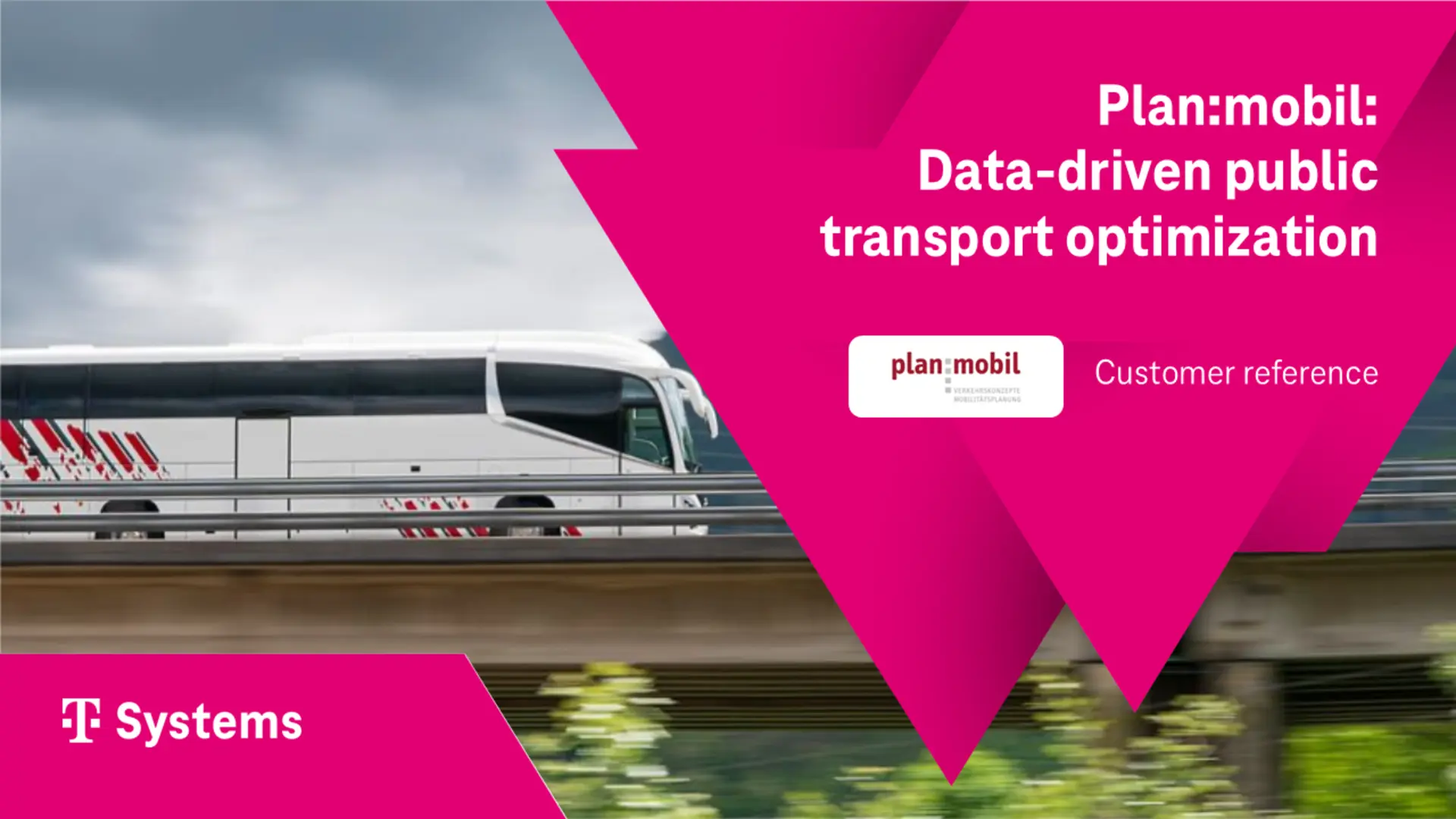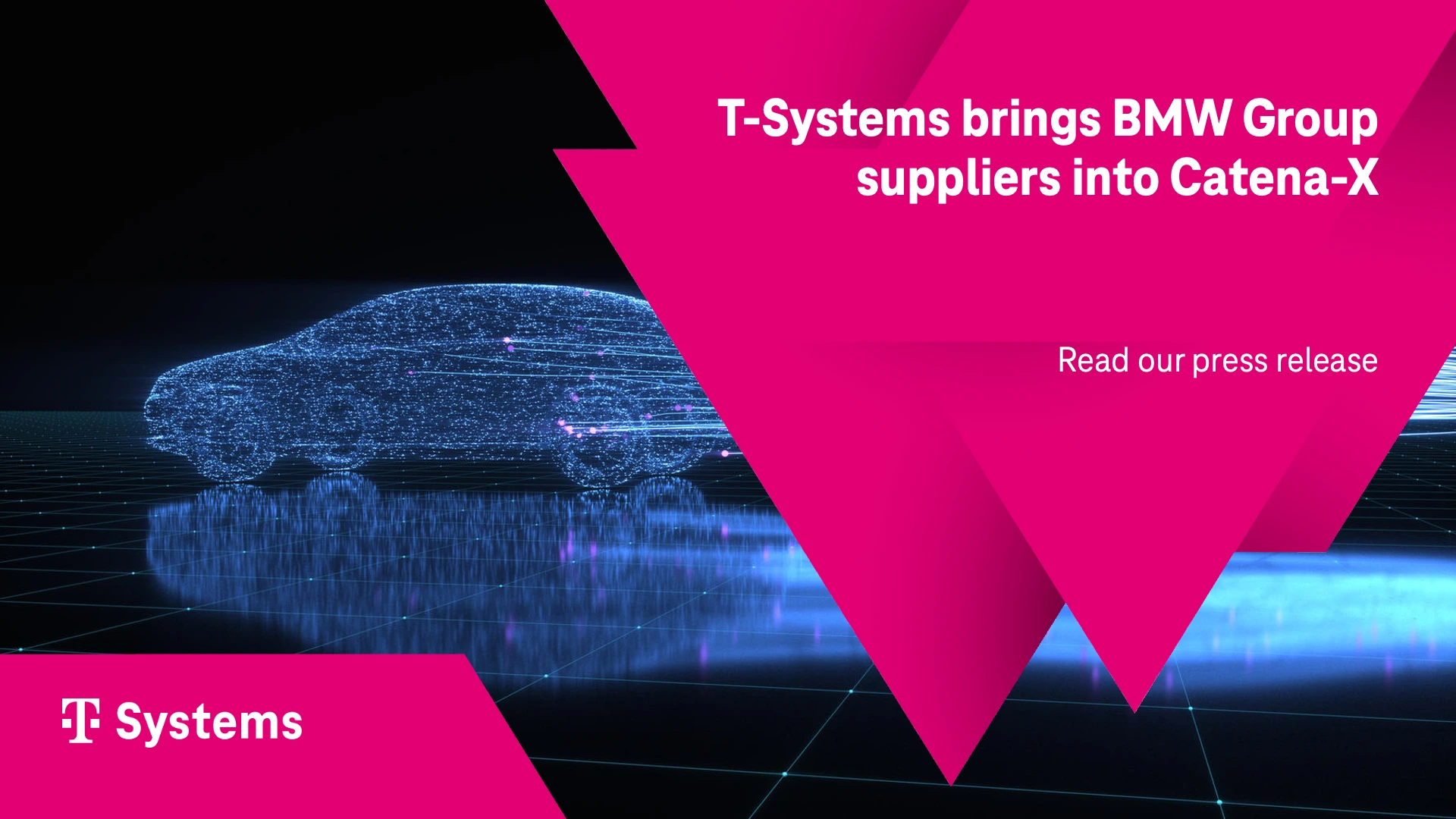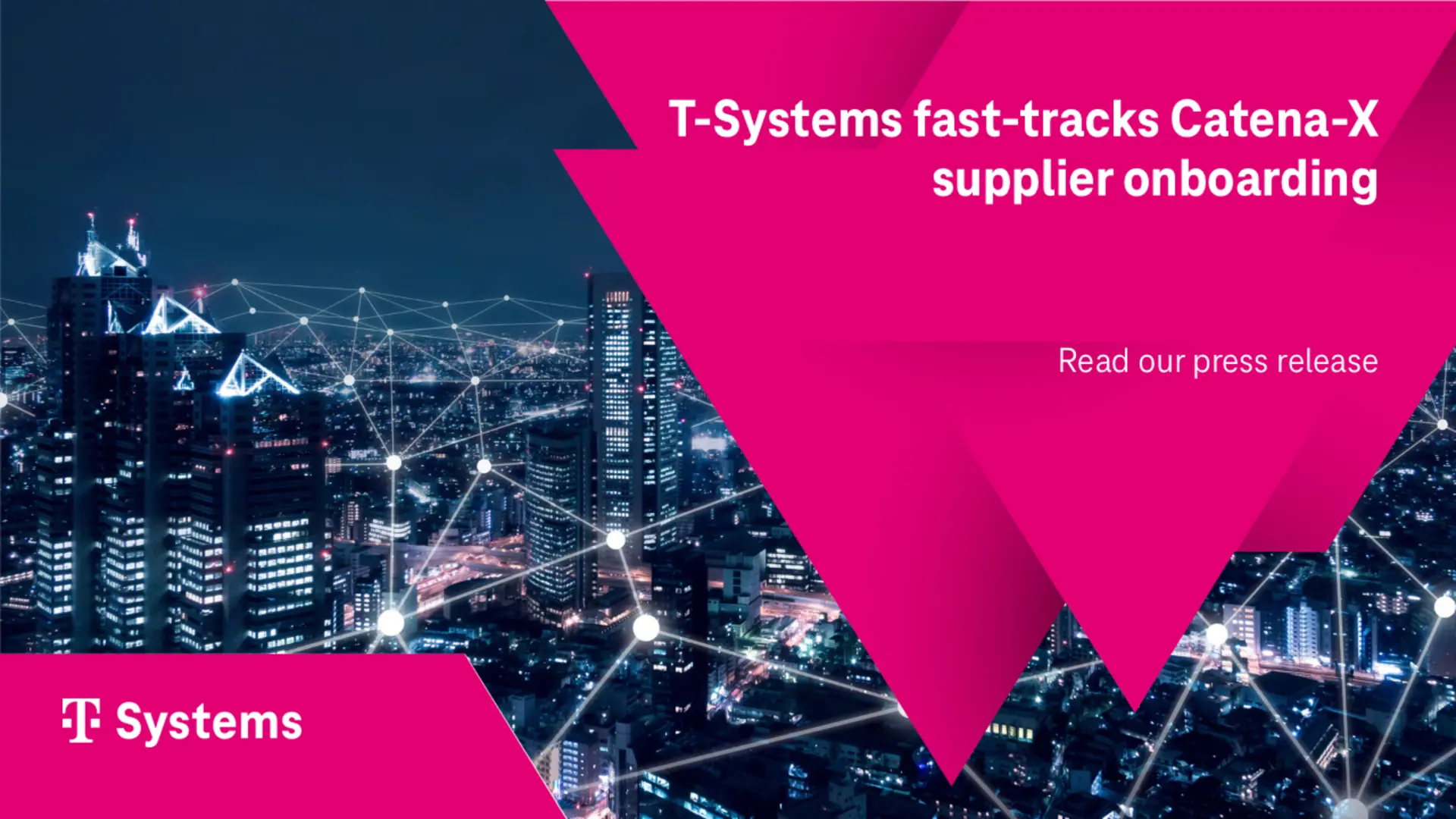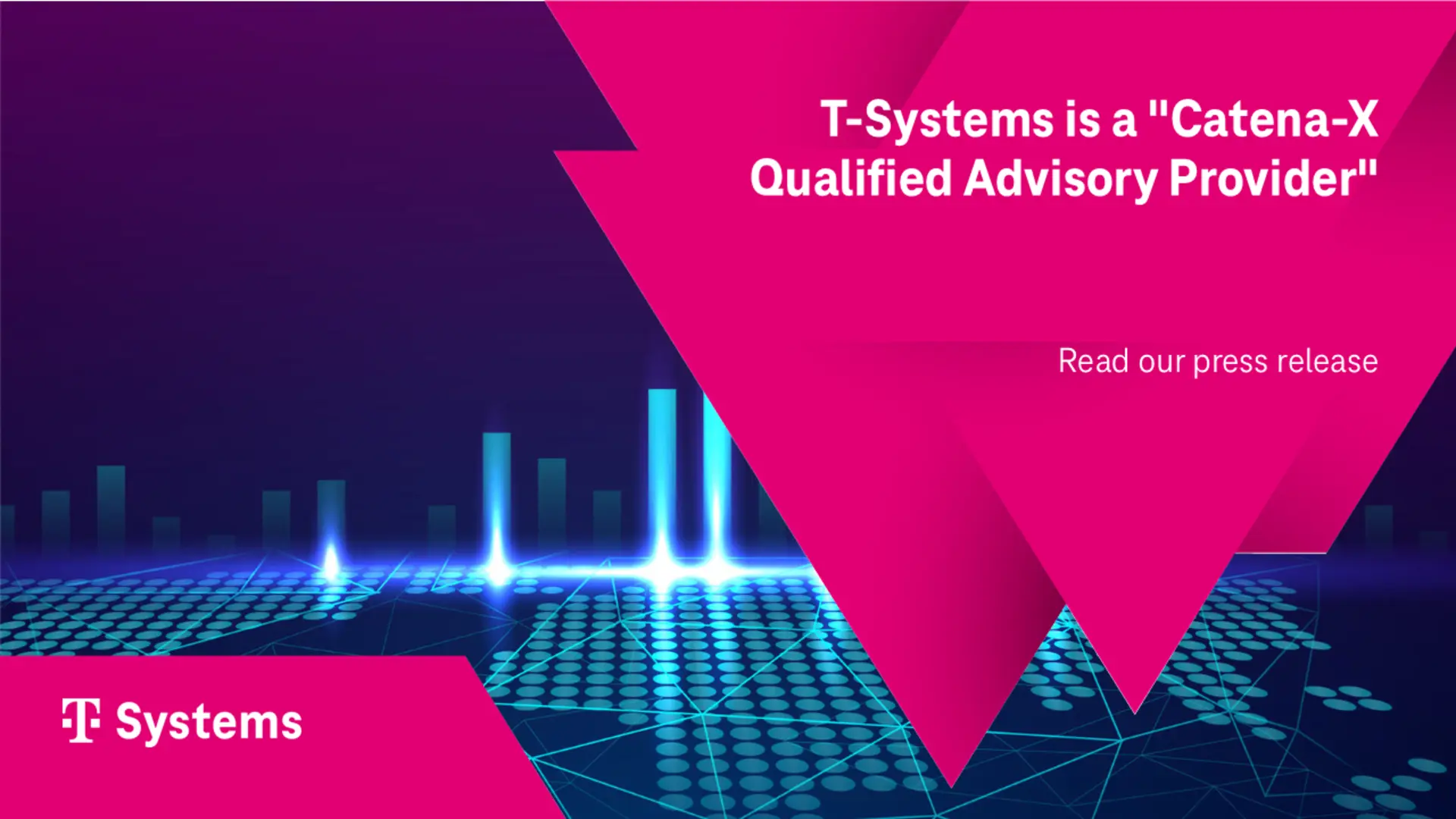12.11.2024 – Vienna
The Data Intelligence Initiative (DIO) and International Data Spaces Association (IDSA) hosted the Global Data Spaces Connect in Vienna, bringing together a diverse group of experts, policymakers, and innovators to discuss the evolving landscape of dataspaces. This event marked a significant milestone in the journey from technical exploration to business-driven dataspace solutions.
From research to business: A shift in perspective
Attendees from around the world showcased their progress, challenges, and aspirations. Wolfgang Ebner from the Austrian Federal Chancellery highlighted the publication of Austria’s data strategy, underlining the global relevance of data collaboration. The discussions reflected how Austria has been a forerunner, dating back to the DMA—the starting point for dataspaces in the region in 2016.
Radoslav Rizov from Bulgaria presented compelling examples of bridging SMEs and research, demonstrating Southeast Europe’s leadership. His emphasis on translating technical frameworks into business opportunities resonated strongly, particularly in public services, smart cities, and healthcare sectors.
Cross-domain innovations and real-world applications
Nina Popanton, Business Development Executive at T-Systems, provided an insightful presentation on the importance of Digital Twins and the concept of harmonized “data languages” for semantic alignment within and between dataspaces. She highlighted the European Rail Data Space as a reference case, demonstrating how dataspaces deliver value across stakeholders—from producers to operators and end users—by fostering interoperability and data-driven efficiency.
Figure 1. Nina Popanton during her speech at Global Data Spaces Connect 2024 (source)
EONA-X shared strategies for scaling dataspaces from specific applications, such as airports, to broader use cases like train stations, emphasizing real-time geolocation while maintaining existing partnerships. Fritz Fahringer’s example of the datahub.tirol exemplified the benefits of regional dataspaces that transcend single-domain limitations, fostering innovation across sectors relevant to local communities.
Business models and sustainability
A key takeaway came from Sofie Verbrugge of Uni Ghent, who discussed the evolving, multi-sided business models necessary for infrastructure providers and operators. This was echoed by Michael Schäfer’s candid reminder that the future of dataspaces hinges on robust business cases, efficiency gains, and trust.
Ute Burkhart, Peter Krämer, and other industry leaders stressed that successful dataspaces require more than just infrastructure; they demand a deep understanding of customer pain points, effective change management, and a shift from public funding reliance to self-sustaining business models.
Let’s scale dataspaces together!
Discover how T-Systems can help your organization harness the power of dataspaces with solutions tailored to your needs.



